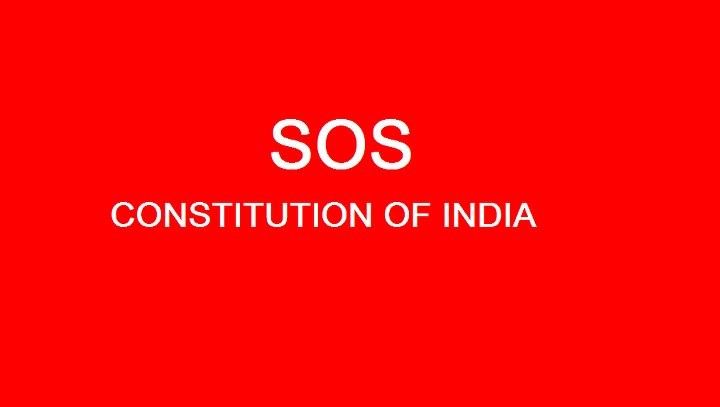
Independence of Democratic Institutions in India under Threat
Democracy as a concept is the interrelated set of ideas and democracy as a working model is the set of interconnected but independent institutions. The idea of democracy can be looked at from various definitions to grasp its full meaning. Similarly, in order to make democracy working for the “demos”, the various institutions are created.
The highest among these institutions is the Parliament, which in case of India, constitute the President, the Lower House (Lok Sabha), and the Upper House (Rajya Sabha). Ideally, all the people must participate in the decision making, but it becomes impossible to do so in the existing limited developments in human institutions, but might be possible through technology when individual citizens can directly participate in the democratic decision making: a sort of direct democracy.
And therefore there are many institutions that make democracy a working institution for its main stakeholders: the people. The institutions must be independent in their working areas as that is the only way they can have checks and balances on other institutions.
Under the Indian constitution, some important institutions are created which are supposed to be independent. The Judiciary must be independent. The Supreme Court as the guardian of the constitution must be independent to check the “constitutionality” of the laws passed by the Parliament. Though the Parliament is entitled to pass laws, it cannot pass “any” law, the laws must pass the test of constitutionality. The independence of Judiciary is vital for the functioning of democracy.
Another important feature of the democracy is the periodic elections that take place in the country regularly. The Election Commission (EC) is an independent body created by the Constitution of India.
The EC must not be partisan to any political party and it should not serve the interest of any political party to safeguard the democracy. Despite the fact that there are so many voices against the voting machine, the EC is not willing to take cognizance of it and shift back to the paper ballot which is taking place in almost all the developed countries as people do not believe in the electronic voting machines (EVMs). The EC extended the dates of Gujarat elections arbitrarily which smells of political hand playing through it. This will give the Government in Gujarat time to launch new populist schemes.
One of the interesting institutions created by the Constitution of India is Comptroller and Auditor General of India (CAG). It audits all the government expenses and looks into financial matters from the point of view audits. It has such a power to check the Government that it is one of the biggest check and balance mechanism on the other institutions.
The legitimacy of the new institutions created by the subsequent governments must be studied from the point of view of democracy and its functioning. The High Courts and CBI have been at the loggerheads in some cases and the recent being Arushi case. These institutions must be therefore looked at from the point of view of making democracy work. Though they are independent, they are linked with a common fabric of preservation of people’s republic, that is, India.
Author – Mangesh Dahiwale



ECI was forced to tel lies to postpone the E dates of Gujarat : https://www.facebook.com/ndtv/videos/10155988833920798/